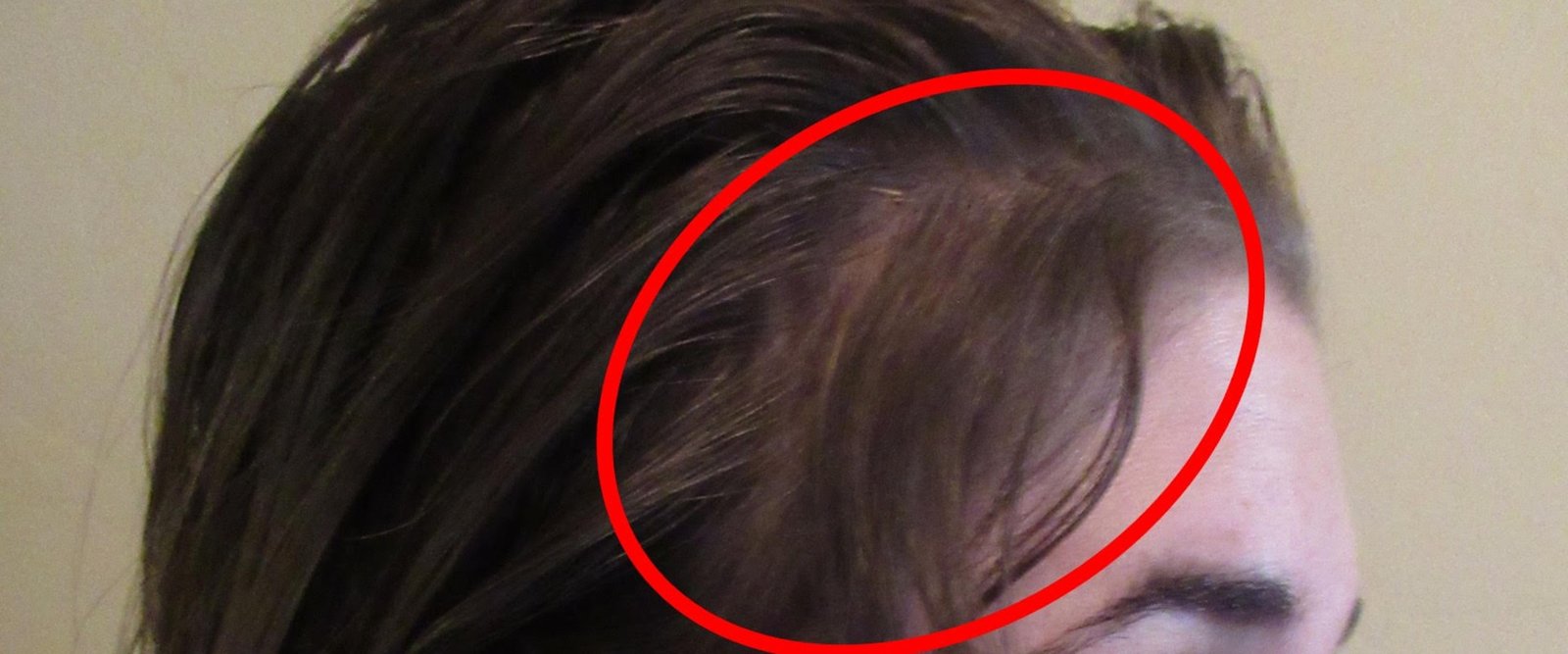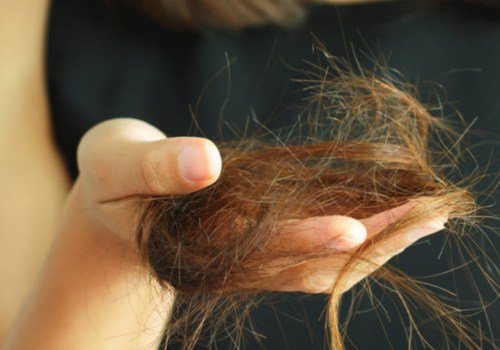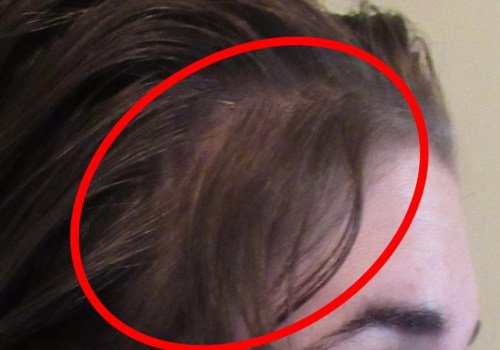You may notice that more hair falls out than usual in the months after bariatric surgery. This is a normal side effect of the procedure and can occur due to the body's response to surgery, weight loss and a disturbed diet. Research has shown that physiological stress resulting from major surgery and rapid weight loss can cause the body to shift nutrients to vital organs, such as the heart and brain, and away from cosmetic functions such as hair growth. Although hair is important to us, it is not important to the body.
As a result, the hair growth phase could temporarily stop and start the latent state, causing some hair loss. It occurs most often between 3 and 5 months. As the body adapts to the changes, hair loss will decrease and then stop. Hair should grow back normally, as long as there are no nutrient deficiencies and you consume the right protein.
Nutritional deficiencies are the most common cause of hair loss in bariatric patients, so take vitamins to keep your body balanced. Vitamins will keep your nutrient levels high, helping you fight hair loss. Talk to your bariatric doctor to see what types of vitamins you should take and how often. hair loss after bariatric surgery can be quite scary and can cause people not to choose bariatric surgery.
However, hair loss is not permanent, and hair grows back with proper nutrition. Those who have had bariatric surgery are more likely to experience hair loss than those who have had a lap band procedure. This is because in bariatric surgery, weight loss is rapid and there is a greater likelihood of nutrient deficiency in the body once the surgery is completed. But, in the Lap-Band procedure, weight loss is gradual, so people experience less hair loss.
Other nutrients involved in hair loss include zinc, biotin, folate, vitamin B-6, and essential fatty acids. While it may seem scary to reach your weight loss goals just to lose your beautiful locks, unless you have a pre-existing condition that affects hair growth, your hair will grow back. Patients who have gastric sleeve surgery or gastric bypass are more likely to experience hair loss due to rapid weight loss, which can cause the body to shift nutrients to vital organs such as the heart and brain and away from cosmetic functions such as growth of the hair. A significant association was observed between hair loss and zinc levels (P%3D 0.02), but mean zinc levels were within the normal range in patients who reported hair loss.
Learning about the potential for hair loss and its underlying causes can help you prepare and make appropriate choices regarding supplementation and your diet. Most bariatric doctors will tell their patients the same thing: with time, patience and proper nutrition, their hair will return completely. In the absence of an underlying condition, such as a chronic illness, hair will eventually grow back. There are also ways you can help prevent hair loss, such as using key supplements that will help offset the stress your body is undergoing.
However, bariatric surgery can cause a greater percentage of your hair to go into the telogen phase. There was also a significant association between iron levels and alopecia (P %3D %3D 0.01), but the mean values of patients with hair loss were within the normal range. Not only is protein essential for weight loss and muscle growth, but it can also be a key factor in avoiding other side effects of weight loss surgery, especially hair loss after surgery, also known as telogen effluvium. Then you add any disease along the way, an underactive thyroid, iron deficiency or genetics and get a hair loss of about 5-15% of the hair follicles.
Take your iron and zinc supplements: Iron is another micronutrient that is commonly associated with hair loss. While hair loss can occur after bariatric surgery, it is not permanent and hair will grow back. Researchers have found that, because the body begins to shift its nutrient use to vital organs after major surgery, other cosmetic functions such as hair growth take a back seat. .
.





